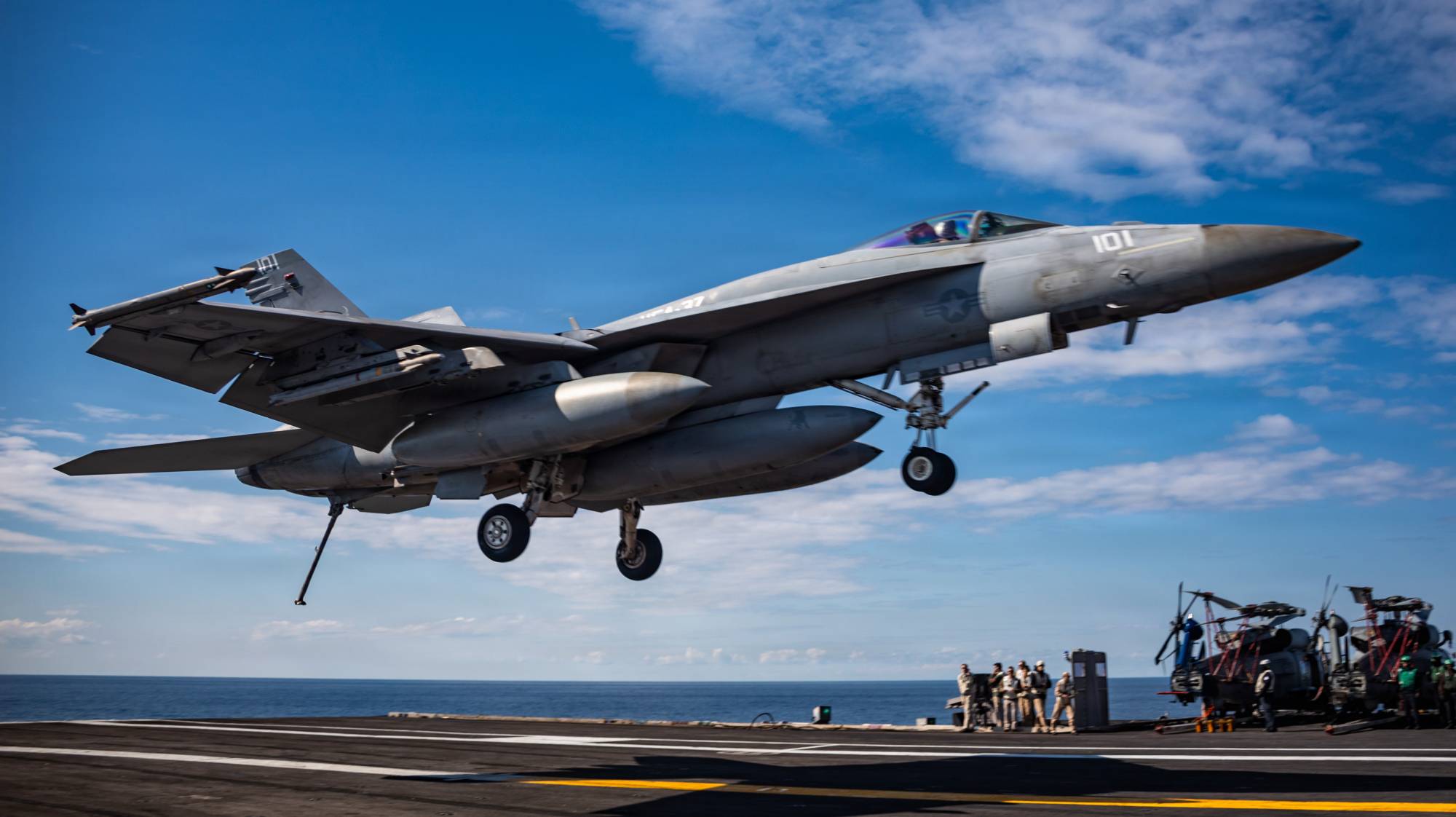Iraqi Prime Minister Mustafa Al-Kadhimi on Friday described his meeting with US President Donald Trump as significant and successful, and confirmed that both Iraqi and American sides have exited the meeting with comfort and ease.
“A series of principles were agreed upon, all of which are in the interests of the Iraqi people; principles which are related to the US presence, redefining the timeline of the US troops withdrawal from Iraq and relocating them outside the country,” Kadhimi said in an interview with Al Iraqiya.
Kadhimi noted that they agreed on the formation of a technical team to establish a mechanism for the deployment of US troops outside Iraq, noting that for the first time, the US had a clear stance on the Iraqi government's demands.
He noted that the US president said that the number of US troops in Iraq is very small, but that Iraq needs these forces to train and develop the army and security forces.
The Iraqi PM said that a series of agreements on oil and energy were signed, the most important of which is an oil contract in Dhi Qar province, and that this is a strategic project which has many benefits and interests for the province and Iraq in general.
Meanwhile, pro-Iran armed factions in Iraq released a joint statement voicing grave anger towards the results of Kadhimi’s visit to the US. They also threatened to escalate by targeting US interests in Iraq.
US Department of State Arabic Language Spokesperson Christiaan James, on the other hand, said that many political figures in Iraq are Iranian puppets and proxies.
Speaking to Asharq Al-Awsat, James noted that recent protests that swept Iraqi cities and governorates were directed against Iranian hegemony over Iraq. He added that Iran continues to work to control the political life and economy in Iraq and is behind spurring tensions and violence in the Levantine country.
James stressed that the US stands by the Iraqi people, and urged the government to undertake more reforms and swift measures to hold militias accountable for their attacks against peaceful Iraqi protesters.










